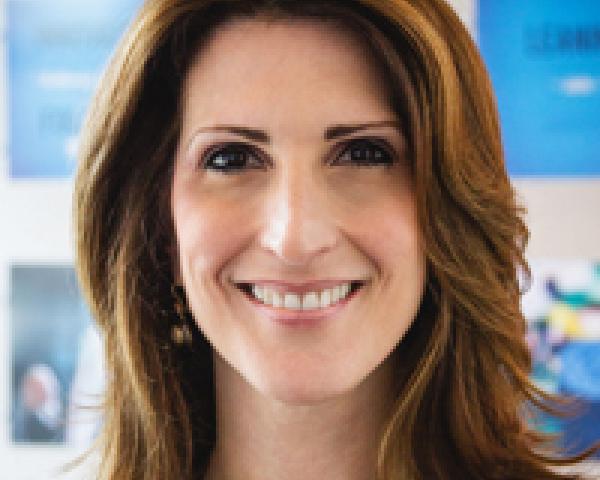I have been fascinated hearing my futurist colleagues talk about the subject of minimalism as an emerging trend. While not new, the practice of deliberately ridding one’s self of things that do not add real value to life is apparently gaining traction for a variety of reasons that point to the need to understand it better.
Just the fact that I was fascinated by it suggests that I may be a minimalist myself and not even know it. I read an article by Courtney Carver called, “25 Reasons Why You Might Be A Minimalist,” and I saw myself in about 18 of them. The one that made me chuckle the most is, “If you can’t stop giving stuff away, and your dog is afraid he might be next, you may be a minimalist.” I don’t have a dog, which is another sign, but my husband expressed a similar concern to me last year after I spent my entire summer sabbatical finding ways to reduce the amount of stuff in our lives; he wanted to make sure he was not on the list.
Minimalism, which might sound like a religion or cult, is sometimes described as having fewer than 100 things in your life. However, it is more of a mindset than it is about strict rules. For example, Steve Martin’s character in the 1979 movie “The Jerk” had a memorable scene where he was running away from home and said, “I don’t need anything. Except this.” (He picks up an ashtray). Then he gradually picks up several other items and says, “The ashtray, this paddle game and the remote control,” etc. etc. until he is laden with stuff that was actually useless, but to him was important.
See also: Innovation: ‘Where Do We Start?’
So, what does minimalism have to do with innovation? Everything. If you are in an industry that intersects with people’s stuff. Let’s see, that would be insurance, investments, banking, real estate, education, entertainment, food, packaged goods, appliances, furniture, clothing, media, pets…what isn't included?
When an emerging trend intersects with your business and there is a potential new need that your capability can fulfill, that’s called innovation “white space.”
New growth opportunities are generally not obvious, so to find them we must triangulate emerging trends/drivers of change with basic human needs that never change, plus the current and potential capabilities of the company. This is the fuzziest of the fuzzy front end of innovation.
To get a better idea about how this is done, do this exercise:
Pick a trend, such as minimalism and:
- Choose a human need, such as the need for freedom, stability, simplicity or control (refer to MD Trend Framework Wheel).
- Brainstorm many possible future states around how the trend and the need would potentially affect the core of your business competency or provide opportunity.
Here is an example for four different industries. If you cross:
- Real Estate: With the need for simplicity, you may imagine that more people in the future may live in tiny homes. If tiny homes are not considered real estate, how would that future hurt you or provide opportunity?
- Insurance: With the need for control, you may imagine that people might scrutinize the value of insurance from every direction and expect ultimate transparency. How do products and experiences stack up?
- Banking: With the need for stability, you may imagine that more people in the future may pay off their debt faster than they are required to. How does that change your business model?
- Education: With the need for freedom, you might imagine that fewer students opt for higher, specialized degrees and instead want real-world experience. If your institution relies on the predictable growth of the student body, how will you lean in?
These are just a few examples. You certainly could, however, imagine many more permutations, combinations and scenarios.
So how do you know which ones to bet on? While nothing is guaranteed, there are ways to de-risk your choices through the application of different types of research, understanding what your organization will support and developing your team’s consumer-focused insight and design skills.
See also: Can Insurance Innovate?
If you would like to learn more about this topic and how to de-risk the process, please register to attend, or receive the replay of, a WebEx hosted by LOMA and sponsored by LexisNexis Risk Solutions.
In the meantime, clean out your closet and see how it makes you feel!






